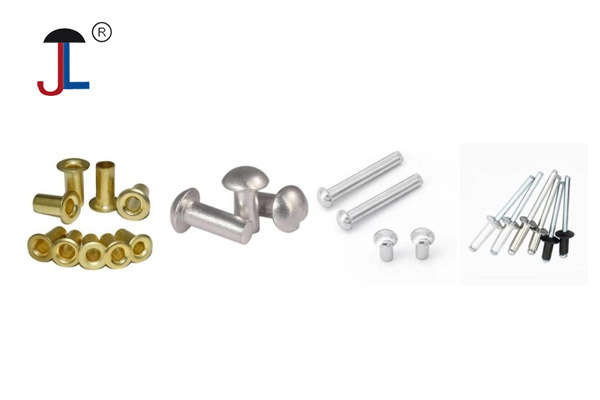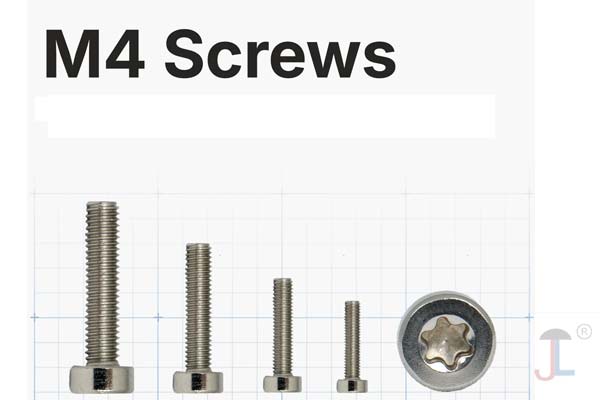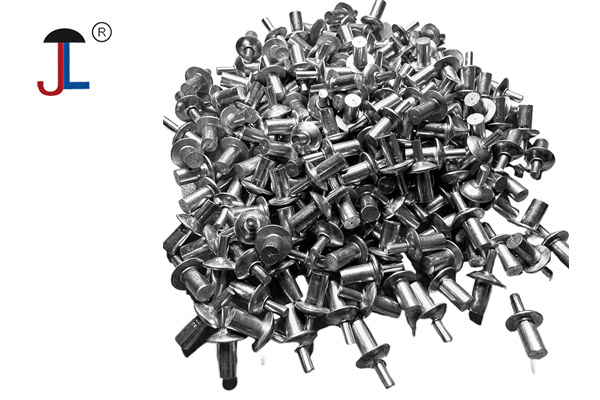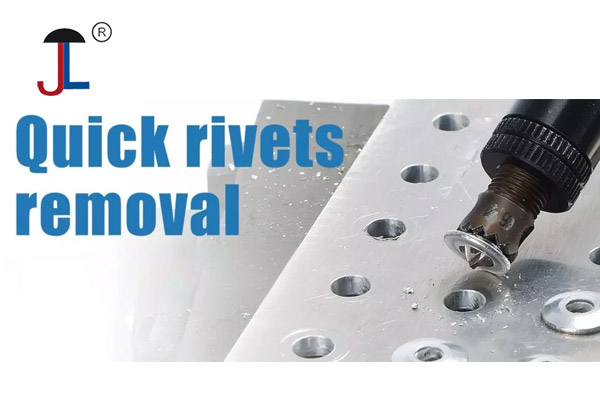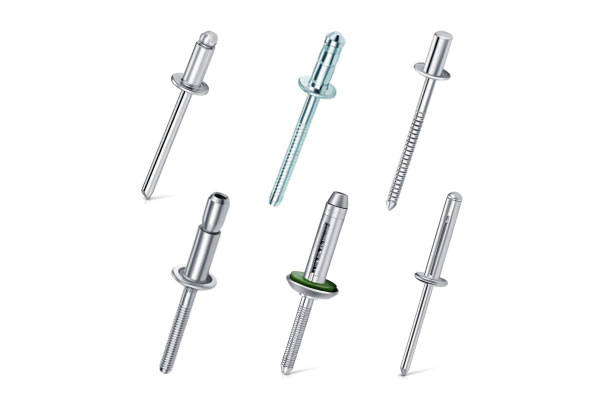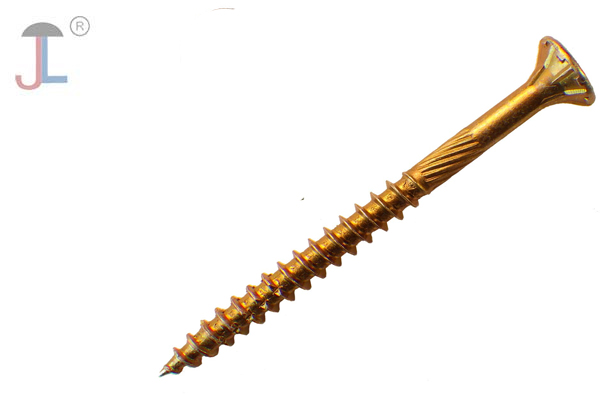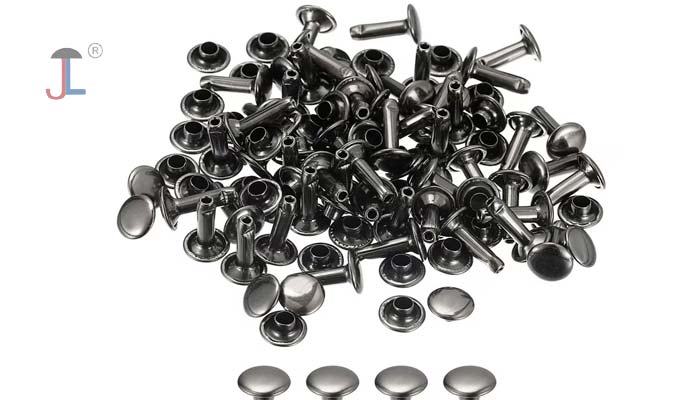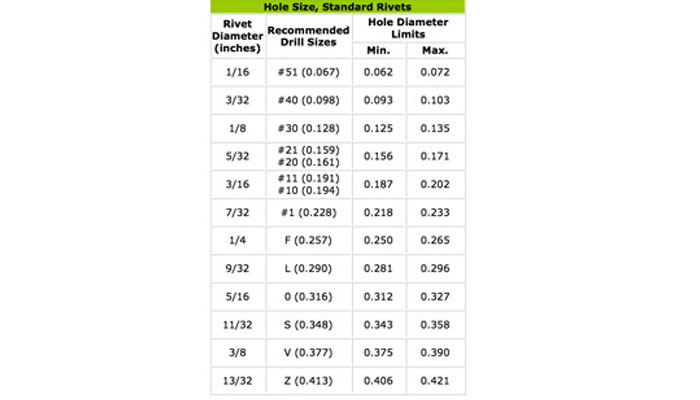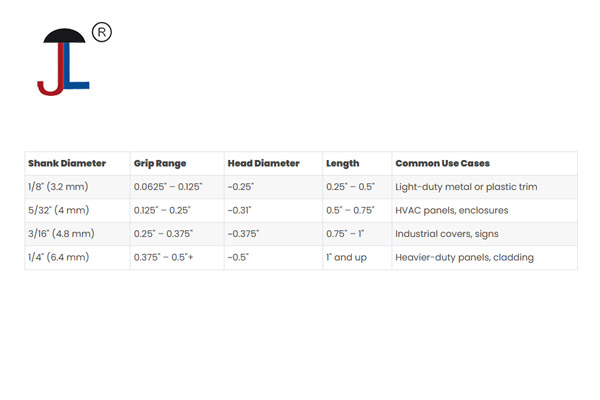For joining galvanized steel, galvanized steel rivets or zinc plated rivets are recommended. These rivets, being zinc-coated, offer good corrosion resistance and are well-suited for outdoor and harsh environments, making them ideal for applications like construction, automotive, and cladding.
Here's why galvanized rivets are a good choice:
- Corrosion Resistance: The zinc coating on the rivets protects them from rust and corrosion, ensuring a long-lasting joint with galvanized steel.
- Strength and Sealing: Galvanized rivets, especially blind rivets, provide good joint strength and sealing, making them suitable for various applications, including those with loading requirements.
- Weather Resistance: They can withstand temperature fluctuations, moisture, and other environmental factors, making them suitable for outdoor use.
- Versatility: They come in different types like standard, multi-grip, and closed-end, allowing for diverse applications.
Other options to consider:
- Aluminum rivets: These are also a good choice for galvanized steel, especially when you need to avoid dissimilar metal reactions.
- Stainless steel rivets: While stainless steel is corrosion-resistant, some combinations with galvanized steel can lead to galvanic corrosion. If using stainless steel rivets, ensure the rivet surface area is small compared to the galvanized steel surface.
Things to avoid:
- Carbon steel rivets: These rivets will corrode quickly when used with galvanized steel, especially in damp environments.
- Monel rivets: These are not recommended for use with galvanized steel.

